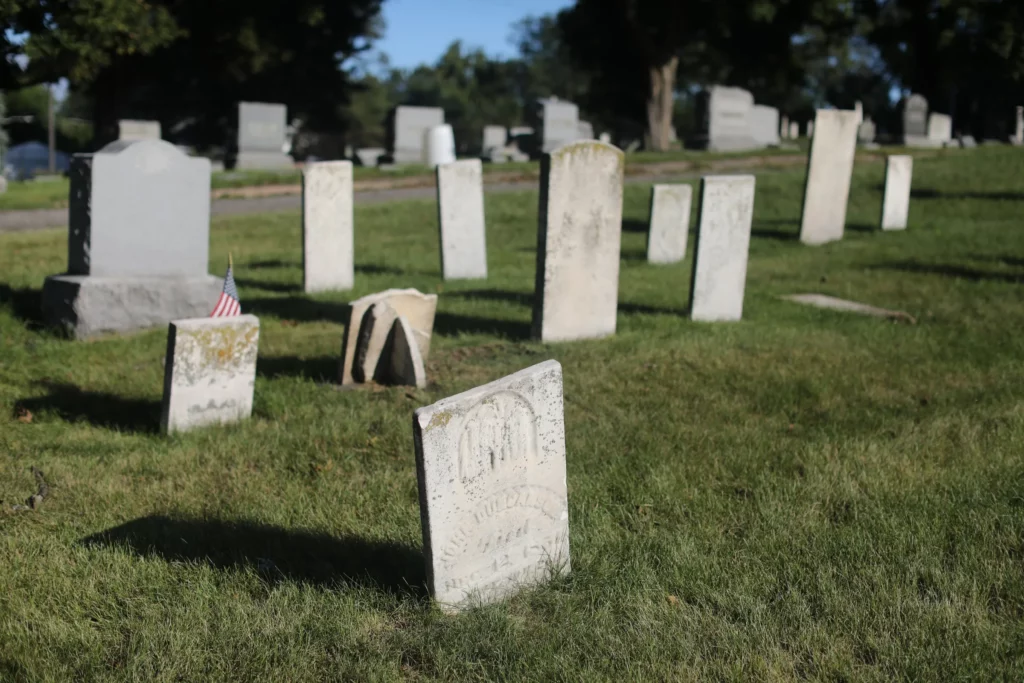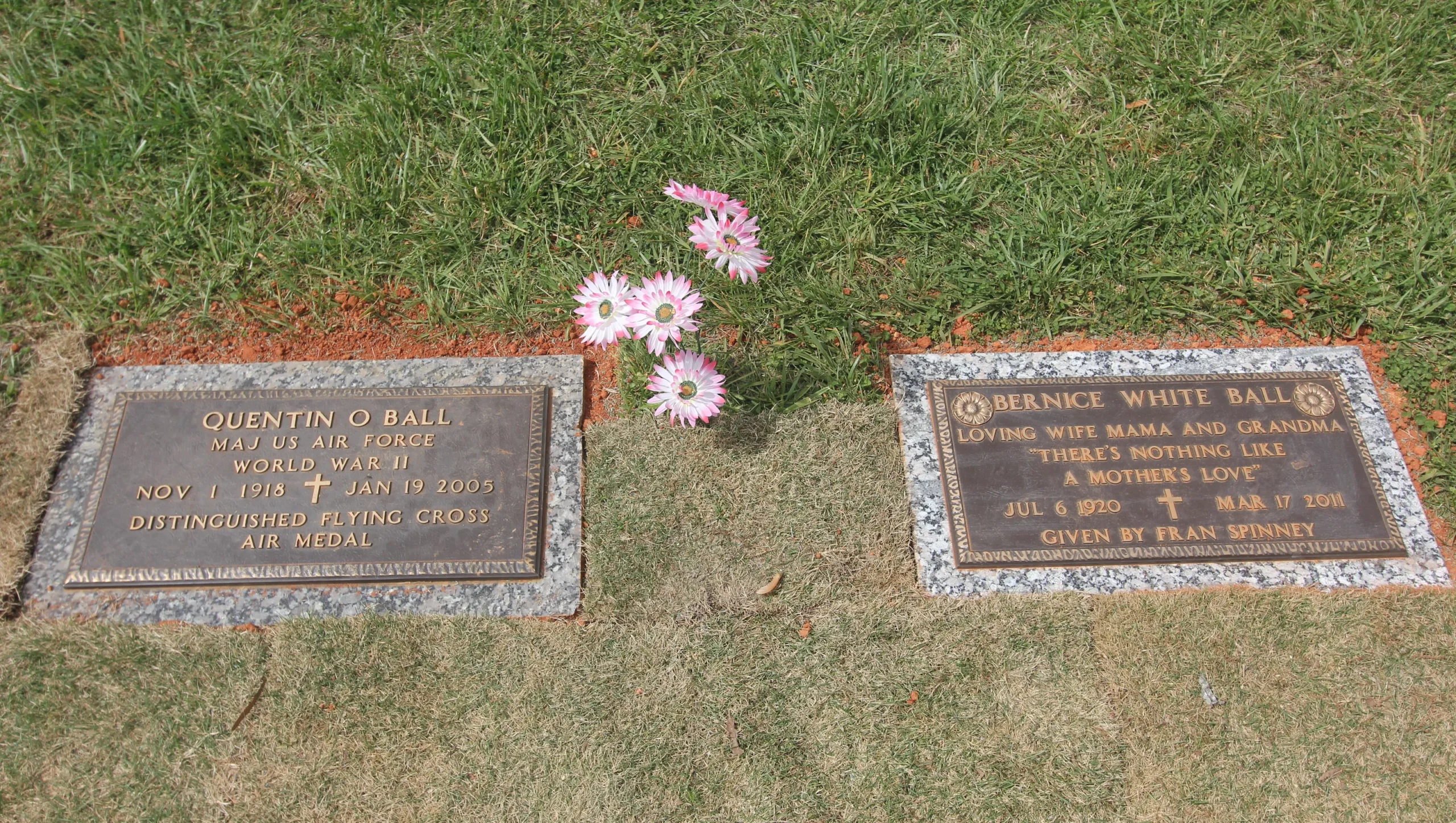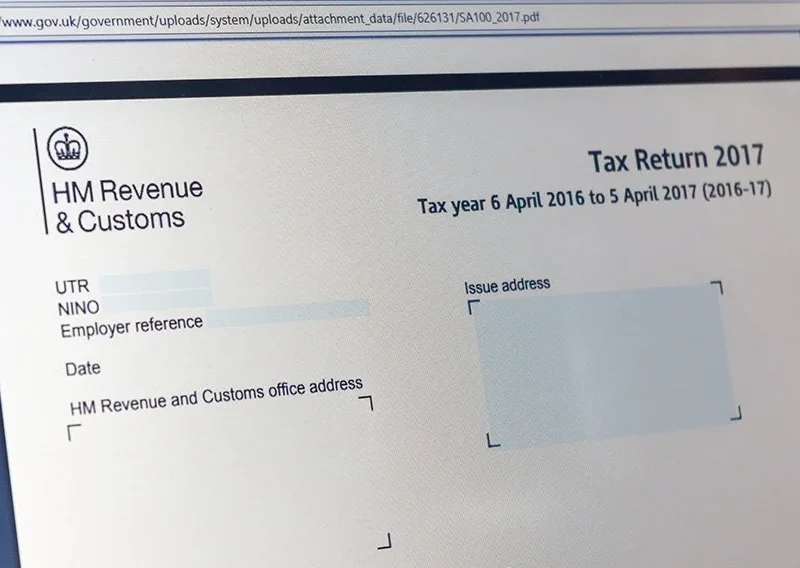Yes, it is indeed possible to be buried in your parents’ grave in the United Kingdom, but there are specific conditions to consider. First, check if the Deed of Exclusive Rights for the grave includes your name, granting you the legal right to be buried there. If your parents purchased a family plot that specifies multiple burials, you may be eligible. Alternatively, if there’s available space within an existing family grave, it might be utilized for your burial.
Suppose none of these options align with your situation. In that case, you can explore the possibility of purchasing a new family plot that accommodates shared burials. However, it’s essential to remember that cemetery policies and regulations may vary, so it’s wise to consult with cemetery authorities and seek guidance from funeral professionals to ensure a smooth process.
What Are The Basics Of UK Cemetery Regulations

Cemetery regulations in the United Kingdom are governed by various laws and guidelines that ensure the respectful and orderly management of burial grounds. While specific regulations can vary between different regions and cemeteries, here are the basics of UK cemetery regulations
Exclusive Rights of Burial
In the United Kingdom, the concept of exclusive rights of burial is fundamental to cemetery regulations. When individuals or families purchase a burial plot, they secure the exclusive rights to that specific location for a specified period.
This means that during the designated time frame, typically ranging from several decades to as long as 50 years, only those individuals named in the Deed of Exclusive Rights have the legal privilege to be interred in that particular grave. This exclusivity ensures that the grave remains under the control of the rightful owner(s) and helps manage cemetery space effectively.
The Significance of the Deed of Exclusive Rights
The Deed of Exclusive Rights is a critical legal document that should not be overlooked. It outlines in detail who possesses the exclusive rights to be buried in a specific grave. It serves as a legally binding agreement that clarifies who has the authority to make burial decisions for that particular plot.
To determine if you are entitled to be buried with your parents, it is imperative to carefully review the Deed of Exclusive Rights associated with the grave in question. This document holds the key to understanding your eligibility for shared burial.
Shared Burial Plots
Shared or family plots are a common arrangement in UK cemeteries. Families often purchase these plots in advance to ensure that multiple generations can be interred together. If your parents have acquired such a plot, and your name is explicitly listed in the Deed of Exclusive Rights, you likely hold the legal privilege to be buried alongside them. These shared plots can bring great comfort to families, allowing them to remain together in the afterlife, and they exemplify how UK cemetery regulations accommodate such arrangements.
Utilizing Unused Space
In some cases, there may be unused space within an existing family grave where your parents have already been laid to rest. This unused space, if designated for additional burials according to cemetery regulations, can offer a solution for your interment alongside your parents.
It is important to consult with cemetery authorities to verify whether such unused space is available and compliant with local regulations. Utilizing existing family graves can be a practical and meaningful way to maintain family unity in eternity.
Acquiring New Family Plots
When there is no available space within your parents’ grave or if there is no Deed of Exclusive Rights specifying shared burials, you have the option to explore the acquisition of a new family plot. These plots are designed to accommodate multiple burials, making them a suitable choice for those wishing to rest with their loved ones.
Purchasing a new family plot ensures that you can be interred alongside your parents, fulfilling your heartfelt desire for a shared final resting place. It is essential to work closely with cemetery authorities to select an appropriate family plot and ensure compliance with all applicable regulations.
Who is entitled to take ownership of a grave?
Ownership of a grave or burial plot in the United Kingdom is not the same as ownership of land in the traditional sense. Instead, individuals or entities are typically granted the “Exclusive Right of Burial” (ERB) for a specific plot within a cemetery. The ERB allows the holder to determine who may be buried in that particular grave and to maintain the grave for the duration of the right. Here’s who is entitled to take ownership of a grave or the ERB
Immediate Family Members
In most cases, the immediate family members of the deceased, such as spouses, children, parents, or siblings, are entitled to acquire the ERB for a grave. This right ensures that they can determine who will be buried in that plot.
Next of Kin
When there are no immediate family members available or willing to exercise the right, the next of kin, as determined by law, may acquire the ERB. The order of next of kin typically follows a hierarchy, with the surviving spouse or civil partner having the highest priority, followed by children, parents, and so on.
Estate Executors
In situations where there are no surviving family members or next of kin, the executor of the deceased’s estate may acquire the ERB. This may occur when individuals make specific arrangements in their wills or appoint an executor to manage their affairs after their passing.
Nominees
Some cemetery authorities allow individuals to nominate someone other than their immediate family or next of kin to have the ERB. This nominee could be a close friend or a designated person named by the deceased before their death.
Designation in a Will
In some cases, individuals may designate in their wills who should have the ERB for their burial plot. This designation, if legally valid and adhered to, will determine ownership.
Legal Purchase
In certain situations, individuals may purchase the ERB for a specific grave during their lifetime, even if they do not have an immediate connection to the deceased. This allows for pre-planned burials or memorials.
How Does the Grave Ownership Transfer Process Work
Transferring grave ownership is a process that allows the rights and responsibilities associated with a grave to pass from one individual or entity to another.
Before initiating the transfer, it’s crucial to determine who is eligible to take ownership of the grave. This typically involves identifying the designated heirs or representatives named in the Deed of Exclusive Rights associated with the grave.
To facilitate the transfer of ownership, legal documentation is required. This may include a copy of the Deed of Exclusive Rights, the death certificate of the original owner, and any relevant legal documents proving the eligibility of the new owner.
Reach out to the cemetery authorities or the managing entity responsible for the cemetery where the grave is located. They will provide guidance on the specific requirements and procedures for transferring ownership.
In many cases, you will need to complete specific forms or applications provided by the cemetery authorities. These forms typically require details about the current owner, the intended new owner, and the reasons for the transfer.
There may be fees associated with the transfer of grave ownership. These fees can vary depending on the cemetery and the complexity of the transfer process. Ensure that all required fees are paid to facilitate the transfer.
Once the necessary documentation and fees are submitted, cemetery authorities will review the request for ownership transfer. They may verify the eligibility of the new owner and ensure that all legal requirements are met.
After approval, a new Deed of Exclusive Rights may be issued, reflecting the change in ownership. This document is a critical record of the transfer and should be retained for future reference.
With the transfer complete and the new Deed of Exclusive Rights in hand, the new owner gains legal authority over the grave. They can now make decisions related to burials, memorials, and grave maintenance.
However, it’s essential to inform relevant family members and stakeholders about the ownership transfer to ensure clarity and smooth coordination for future cemetery-related matters.
What Are the Advantages and Disadvantages of Being Buried in My Parents’ Grave

Being buried in your parents’ grave can be a deeply personal decision, and it comes with both advantages and disadvantages.
Advantages
- Family Unity: One of the most significant advantages is the preservation of family unity even in the afterlife. Being buried with your parents allows for a sense of togetherness and connection that can be comforting to surviving family members.
- Emotional Comfort: For many individuals, the thought of resting beside their parents provides emotional solace. It can alleviate feelings of separation and loneliness, offering a sense of security and continuity.
- Shared Memorials: Sharing a grave with your parents simplifies the process of creating and maintaining memorials. Family members can collectively honor and remember their loved ones without the need for separate grave sites.
- Cost Efficiency: In some cases, shared burials can be cost-effective. Purchasing a family plot for multiple burials may be more economical than acquiring individual graves.
- Preservation of Tradition: For families with a tradition of shared burials, continuing this practice honors cultural or familial customs and traditions.
Disadvantages
Limited Space: Graves have limited space, and sharing a grave may restrict the number of family members who can be interred together. This can pose challenges if additional generations wish to be buried in the same plot.
Complex Cemetery Regulations: Navigating cemetery regulations to ensure shared burials can be complicated. Ensuring that all legal requirements are met can be time-consuming and may require legal assistance.
Future Considerations: Shared graves require careful planning for future generations. Decisions made today can impact the options available for descendants in the future.
Burial Preferences: Individuals may have different burial preferences. What is meaningful to one family member may not be the same for others. This can lead to conflicts or disagreements.
Maintenance and Memorials: Shared graves may have limitations on the size and type of memorials that can be placed. Families should consider these restrictions when planning memorials and tributes.
FAQ
Can you be buried in someone else’s grave?
Yes, it is possible to be buried in someone else’s grave, but it typically requires permission and adherence to cemetery regulations. Shared or multiple burials in a single grave are subject to specific conditions and guidelines.
Can I be buried with my mum?
Yes, you can be buried with your mother if there is available space within her grave and if you meet the legal requirements and cemetery regulations for shared burials. This usually involves obtaining the necessary permissions and rights of burial.
Can 2 people be buried in the same coffin?
In most cases, no, two people cannot be buried in the same coffin. Coffins are designed to accommodate a single deceased individual. There are exceptions, such as certain historical or cultural practices, but they are rare.
Can two people be buried in the same?
Yes, two people can be buried in the same grave, but each person would typically have their own coffin or casket. Shared graves, also known as double-depth graves, allow for multiple burials in a single plot over time.
Can 4 people carry a coffin?
Yes, it is possible for four people to carry a coffin. The number of pallbearers can vary, but it is often recommended to have at least four to ensure the safe and respectful handling of the deceased.
How long can you stay in a coffin?
You do not typically stay in a coffin for an extended period. Coffins are used for transportation, viewing during funeral services, and burial. After burial, the deceased remains in the coffin, which is placed in the grave.
Can a female carry a coffin?
Yes, both males and females can serve as pallbearers and carry a coffin. Gender does not typically determine a person’s ability to perform this role; it is based on their physical capability and willingness to participate.
What is the heaviest part of a coffin to carry?
The heaviest part of a coffin to carry is often the bottom, which contains the weight of the deceased. Coffins are designed to distribute the weight evenly, but the bottom section can be the most substantial.
Why does a coffin go feet first?
Coffins are typically positioned with the deceased’s head at the head end and feet at the foot end. This practice is based on tradition and cultural norms. It is seen as a respectful and conventional way to position the deceased for viewing and burial.
Why do they cover the legs in a casket?
Covering the legs of the deceased in a casket is a customary practice in many cultures. It is a sign of respect and dignity, ensuring that the deceased’s entire body is appropriately covered during the funeral service and burial.
Final words
The decision to be buried in your parents’ grave is a deeply personal one, blending practical considerations with emotional significance. It involves understanding the legal aspects like cemetery regulations and exclusive rights of burial, as well as the emotional and cultural implications.
Shared burials bring the benefit of family unity and lasting connection, but they also require careful thought and planning. Weighing the pros and cons, discussing your intentions with your family, and ensuring adherence to cemetery rules are all vital steps in this process.
Ultimately, resting beside your parents can offer solace and a beautiful tribute to family ties. With careful consideration, this choice can provide peace and a sense of belonging, even beyond this life.



